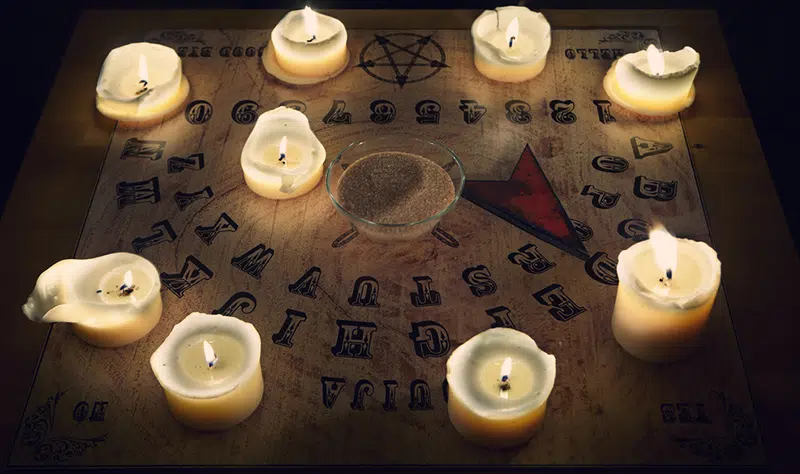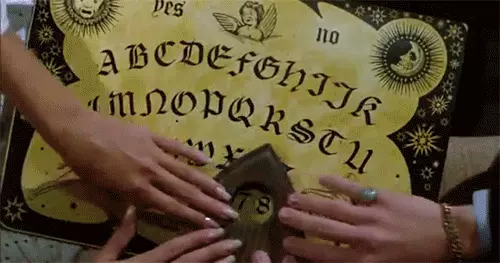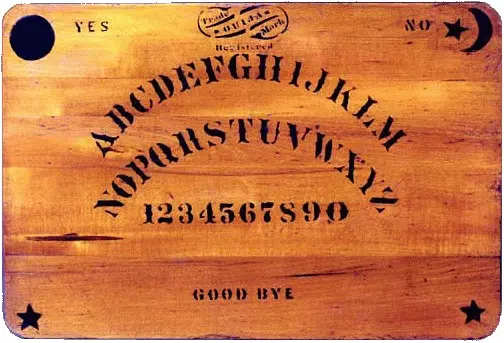
Have You Ever Played with a Ouija Board?
Featured in Ripley's Believe It or Not!

Ouija Origins
To many, the Ouija board isn’t just a game teens bust out during their slumber parties, but merely a work of art, and yes, a way of communicating with the dead. Take, for example, Brandon Hodge. He is currently collecting planchettes and other forms of spirit boards.






